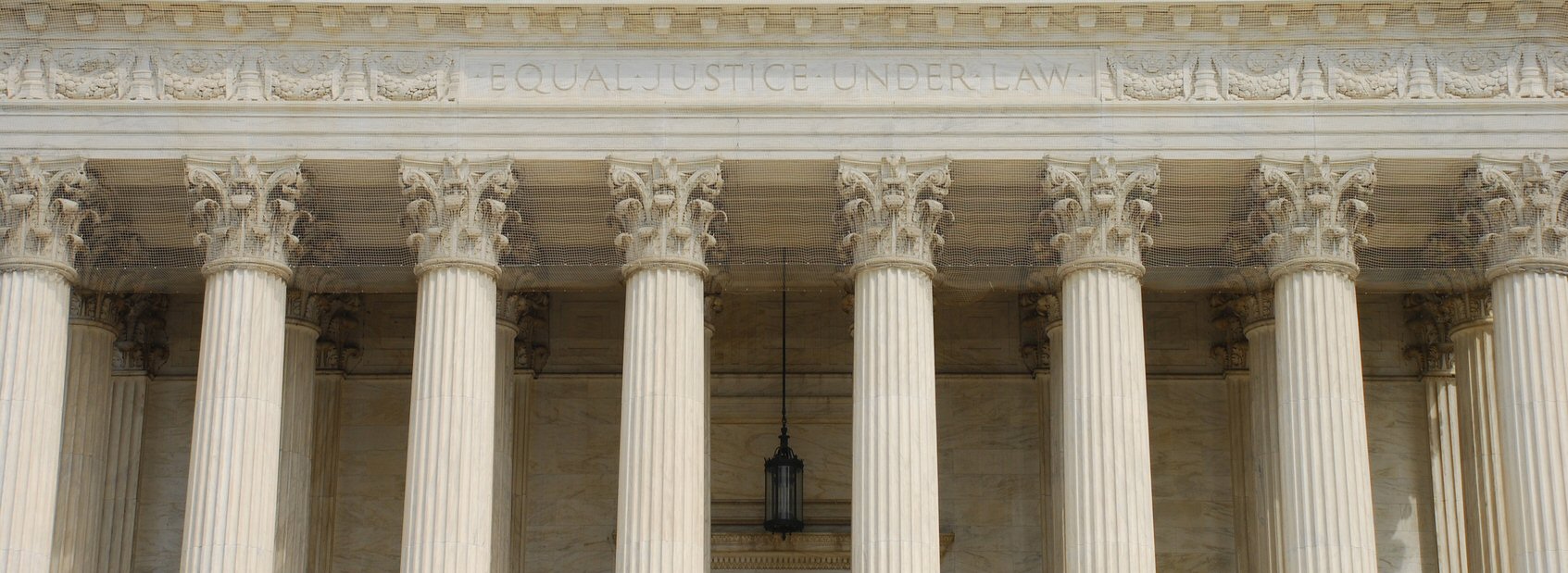Position Statement – 2019
A.2477-B (Englebright) /S.5343 (Kaminsky)
Chlorpyrifos Pesticide Ban
Strongly Support
The Women’s Bar Association of the State of New York (WBASNY) supports legislation which would ban the use of chlorpyrifos, a pesticide widely used agriculturally on food crops, and for non-agricultural uses including golf course maintenance and sod far application, and utility pole and commercial wood treatments.
Chlorpyrifos is in the same class of chemicals as sarin nerve gas. It has been used as a broad-spectrum insecticide since the late 1960s, with an estimated 7 million pounds applied each year, mostly on agricultural crops.[1] The CDC’s Agency for Toxic Substances and Disease Registry states that “Breathing or ingesting chlorpyrifos may result in a variety of nervous system effects, ranging from headaches, blurred vision, and salivation to seizures, coma, and death, depending on the amount and length of exposure.”[2]
Earthjustice, which is involved in litigation regarding the US Environmental Protection Agency’s failure to ban chlorpyrifos, notes that “Farmworkers and people living in agricultural communities, particularly children, are disproportionately affected by this toxic pesticide. In addition to food exposures, they are more likely to have contaminated drinking water, and they are, quite literally, getting hit from all sides by drift exposures at school, daycare, on the playground, at work, and in their homes…. A growing body of evidence shows that prenatal exposure to very low levels of chlorpyrifos—levels far lower than what EPA was previously using to establish safety standards—harms babies permanently.”[3]
The Assembly Memorandum in support of the bill states that chlorpyrifos is especially dangerous to the developing brain of infants, and the risk of having a child with autism almost tripled for women exposed to chlorpyrifos in their second trimester of pregnancy. A report funded by the US Environmental Protection Agency (USEPA) and the National Institute of Environmental Health Sciences states the following:
“Prenatal exposure to chlorpyrifos can interfere with children’s brain development. Chlorpyrifos is a pesticide still widely used in agriculture…. Children exposed to higher levels of chlorpyrifos before birth displayed adverse cognitive and behavioral outcomes compared to children exposed to lower levels, including:
- Significantly lower scores on mental development tests and increased attention problems and symptoms of ADHD at 3 years old.
- Lower full-scale IQ and working memory test scores at 7 years old. The effect on working memory was more pronounced in boys than in girls with similar chlorpyrifos exposures.
- Structural changes in the brain in regions that serve attention, receptive language, social cognition, emotion, and inhibitory control, and are consistent with deficits in IQ.”[4]
The USEPA issued a 2016 Risk Assessment that concluded that all population subgroups have estimated food exposures to chlorpyrifos that exceed presumed safe levels, and that children ages 1-2 are exposed through food to 140 times safe levels.[5] In November 2016, USEPA began taking steps to revoke the use of chlorpyrifos.[6] However, in April 2017 the USEPA reversed its position and left chlorpyrifos tolerances in place.[7] Since then, USEPA’s failure to ban chlorpyrifos has been the subject of ongoing litigation.
Given the delays and uncertainties at the federal level, New York State should act immediately to ban the use of chlorpyrifos. Consumers would be protected to the extent they consume food grown or produced in New York State. In addition, the ban would protect workers (including pregnant women) who would otherwise be exposed during agricultural and non-agricultural chlorpyrifos application, as well as residents and water resources that would otherwise be in the path of chlorpyrifos spray drift.
As an organization with a deep concern for women and children and with a mission to promote the fair administration of justice, we strongly support the chlorpyrifos ban and urge lawmakers to take immediate action.
The Women’s Bar Association of the State of New York (WBASNY) is a nonpartisan organization with 4,300 members and twenty (20) chapters throughout New York State. Our members include individuals from all levels of state and federal benches, government leaders, national and international educators, as well as law students and attorneys practicing in every area of law. WBASNY speaks as one voice to advocate for equal access to justice and gender equality. With Consultative Status to the United Nations Economic and Social Council, WBASNY has the highest status granted by the United Nations to non-governmental organizations, thereby allowing WBASNY to participate in the work of the UN to support and advocate for the rights of women and children worldwide.
[1] Agency for Toxic Substances and Diseases Registry, Toxicological Profile for Chlorpyrifos. (September 1997) https://www.atsdr.cdc.gov/ToxProfiles/tp84.pdf.
[2] Agency for Toxic Substances and Diseases Registry, ToxFAQs for Chlorpyrifos, (September 1997) https://www.atsdr.cdc.gov/toxfaqs/tf.asp?id=494&tid=88.
[3] Earthjustice, Chlorpyrifos, https://earthjustice.org/features/what-you-need-to-know-about-chlorpyrifos.
[4] U.S. Environmental Protection Agency. (2017). NIEHS/EPA Children’s Environmental Health and Disease Prevention Research Centers Impact Report: Protecting children’s health where they live, learn, and play. EPA Publication No. EPA/600/R-17/407. Retrieved from www.epa.gov/sites/production/files/2017-10/documents/niehs_epa_childrens_centers_impact_report_2017_0.pdf. Citations omitted.
[5] US Environmental Protection Agency, Office of Chemical Safety and Pollution Prevention, Memorandum titled “Chlorpyrifos: Revised Human Health Risk Assessment for Registration Review,” November 3, 2016.
[6] Chlorpyrifos; Tolerance Revocations; Notice of Data Availability and Request for Comment, 81 Fed. Reg. 81,049, 81,050 (Nov. 17, 2016).
[7] Chlorpyrifos; Order Denying PANNA and NRDC’s Petition To Revoke Tolerances, 82 Fed. Reg. 16,581 (Apr. 5, 2017).

